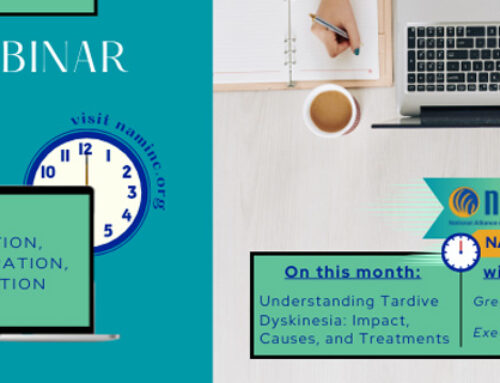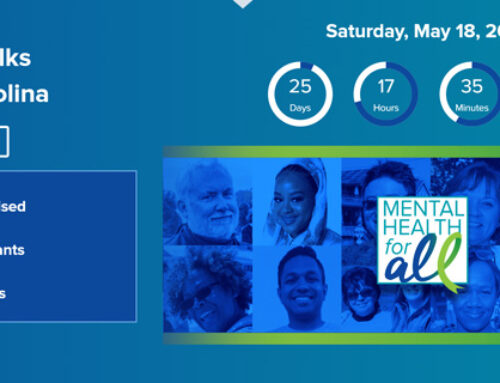
Sometimes our daily lives are disrupted more by the cognitive deficits that accompany bipolar than by the affective symptoms of the disorder itself. Fortunately, there are certain solutions we can employ in everyday life—using specific strategies and even improving our well-being in order to boost memory and brain health.
It is very common to face memory and cognitive difficulties when living with bipolar. While there are no hard numbers, research shows a “significant portion of patients complain of neuropsychological difficulties.” Bipolar brain fog, for example, has been described as having the inability to focus on a task, retrieve simple memories or words, or tune out distractions. Here are 8 ways to make life a little bit easier and beat back the brain fog.
#1 Take a Walk
While scientists have found a notable link between intense exercise—short bouts of interval training—and memory improvement, there’s further research that even light workouts can increase the connectivity between parts of the brain responsible for memory formation and storage. For those struggling with depression, ditch the current distractions in your life and get outside (safely) for a walk—if possible a nature walk—to improve your attention span and memory by 20 percent.
#2 Offload Info with Reminders
Whether you are a sticky-note devotee or need an electronic nudge, setting reminders for yourself can help manage life’s complexities and free up your focus for other things. There are great online calendars, like Google or Outlook, to keep your to-dos, events, and appointments in one place. As a simpler option, set your smartphone alarm to alert you to everyday tasks that you tend to forget. If you prefer to keep it old-school, carry a small notebook and pen everywhere you go.




